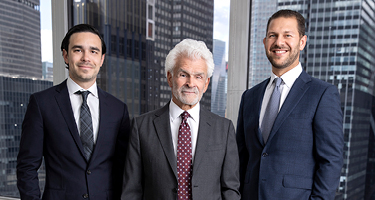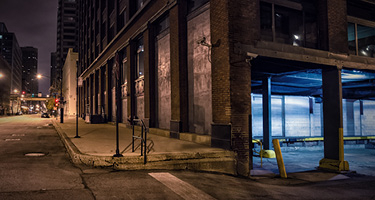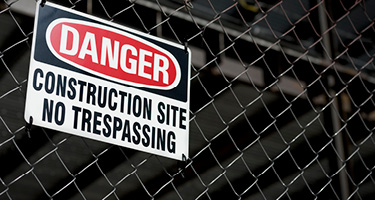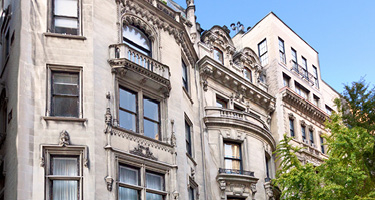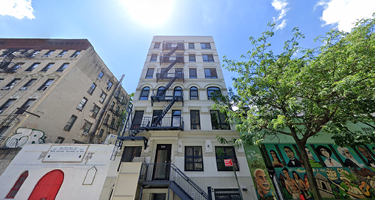New York had an estimated 91,897 people experiencing homelessness as of January 2018, the U.S. Interagency Council on Homelessness reported. To combat homelessness, New York City initiated the Special One-Time Assistance Program (SOTA Program) in August 2017. However, the SOTA Program’s effect on Newark, New Jersey has led to litigation.
The SOTA Program helps individuals experiencing homeless move into an apartment in NYC or elsewhere by paying one year’s rent up front to the landlord. It sometimes provides funds to facilitate the move and purchase furniture. To be eligible for the program, individuals or families must live in a shelter for at least 90 days and maintain employment.
Since its inception, the SOTA Program has moved 1,198 families to Newark without the city’s knowledge. Newark officials eventually discovered numerous issues for the new residents including several families living in illegal and uninhabitable apartments and receiving no assistance from the SOTA Program in rectifying the conditions. The City of New York’s Department of Investigations confirmed these issues.
In December 2019, Newark filed a lawsuit against NYC, Mayor Bill de Blasio, and Commissioner Steven Banks alleging the SOTA Program creates a public nuisance. Newark alleges the program is coerced migration because SOTA Program workers intentionally pressure individuals to accept the offer of free rent. The upfront year’s rent incentivizes landlords to provide unlawful and dilapidated housing and increases the risk of program recipients returning to homelessness once the rent runs out.
Newark claims the coerced migration is a violation of a local ordinance, as well. In November 2019, Newark City Council passed an ordinance making upfront rental payments of one year unlawful. Landlords can only accept subsidies for up to one month at a time and must have units inspected and certified before they can rent units to new tenants.
In further support of its public-nuisance claim, Newark argues the SOTA Program is similar to the now-suspended Work Advantage Program, a previous NYC rent subsidy program that offered two years of support. Critics of the program cited a significant percentage of families who were unable to become self-sufficient and re-experienced homelessness. Newark asserts the failed program gives NYC knowledge that the SOTA Program is inadequate. The lawsuit also alleges the SOTA Program violates the Dormant Commerce Clause by regulating the movement of persons outside of NYC’s jurisdiction, which is commerce solely under Congress’s control.
Newark sought a preliminary injunction against the program to protect current SOTA Program recipients and prevent additional families from being placed in uninhabitable units during winter. The motion was withdrawn by court order after several hours of negotiations between the cities. NYC agreed to temporarily stop sending program recipients to Newark and provide the names and addresses of SOTA Program recipients. NYC, in response, announced its intention to file a countersuit.
Other New Jersey cities have expressed interest in joining the lawsuit, including Elizabeth and Jersey City. East Orange and Yonkers have not sought to join the suit but have requested information about SOTA Program recipients settled in their cities.
The outcome of this lawsuit could have a ripple effect across the country. Many communities are looking for solutions to homelessness, including rent and travel assistance. While a person’s right to move to a new place is well established, how are those rights impacted when the move is facilitated by a government program that may place a burden on a new community?





